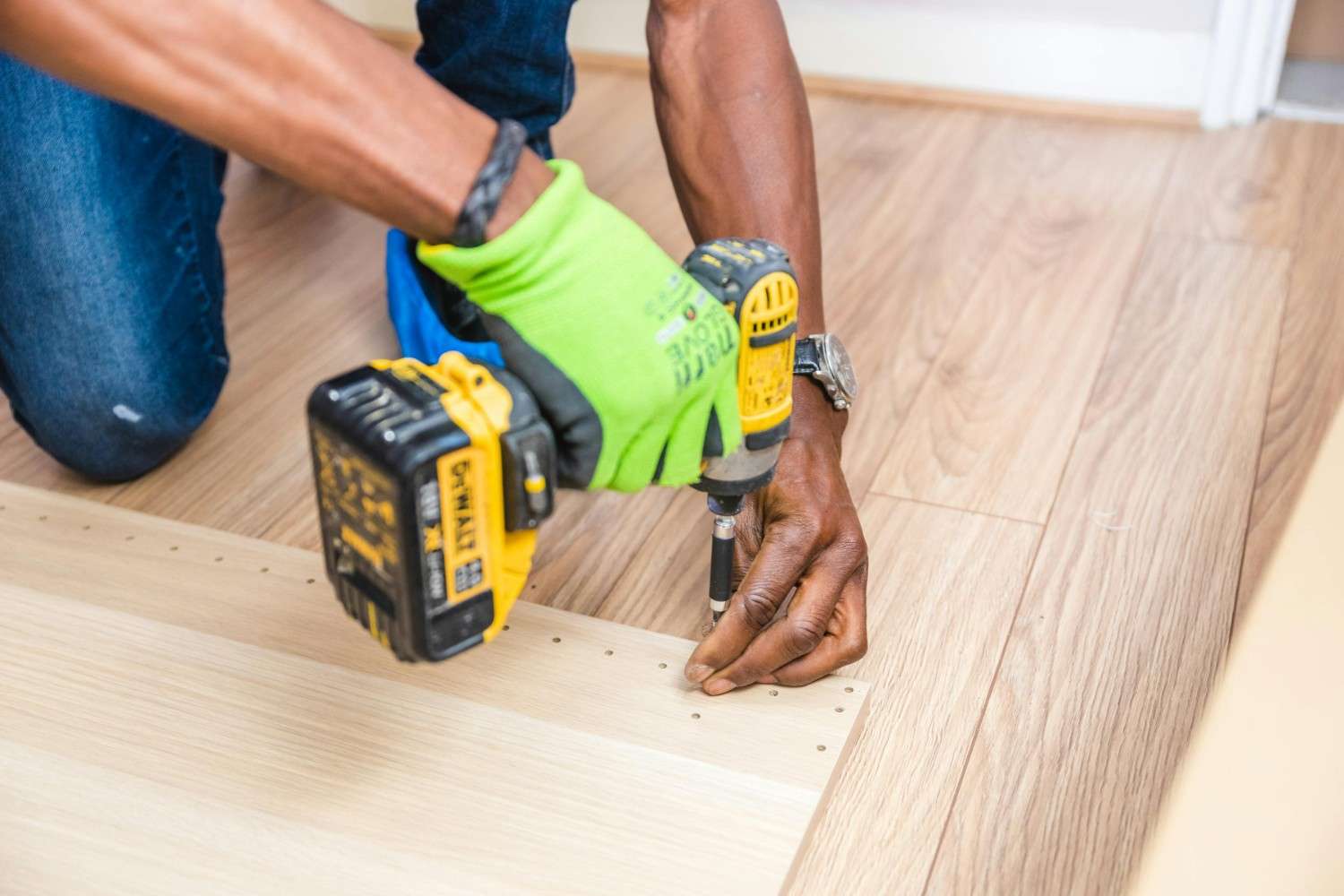There is not a ‘best’ type of boiler when it comes to installation underfloor heating. This is because underfloor heating systems will work with most condensing boilers (fortunately all new boilers in the UK are required to be condensing by law).
Therefore as long as you have a modern boiler, be that a conventional gas boiler, or an oil, system or LPG boiler, it will work well for underfloor heating. If you have an old boiler and are looking to install underfloor heating in your home, it could be time to install a new boiler.
Whether you are self-building or simply making an investment in your home, we’ll help you understand how your boiler works alongside underfloor heating systems to provide an efficient way to comfortably heat the rooms in your home.
How Does Underfloor Heating Work?
There are two types of underfloor heating; wet or electric. In both cases, radiant heat is produced that rises from the floor instead of using convection currents like tradtional home radiators.
Wet underfloor heating involves warm flowing water through a pipe network that heats your floor. This system can be connected easily to your boiler to provide an efficient heating system in your required rooms, controlled by your thermostat.
Electric underfloor heating on the other hand is a system of wires which heat evening beneath your flooring. Although this system is cheaper to install, it can be more expensive to run and maintain.
What Factors Impact The Best Boiler For Underfloor Heating?
When choosing the best boiler for your new underfloor heating system, there are a number of factors that will determine the best boiler to install. These include:
- The size of your property
- The heating demands of your home
- How well your property is insulated
- Whether you are installing wet or electric underfloor heating
Why Are Condensing Boilers Recommended Best for Underfloor Heating?
Condensing boilers are often recommended as the best boiler for underfloor heating systems due to several factors.
Underfloor heating systems typically operate at lower temperatures (50°C flow) compared to traditional radiator systems (65°-70°C). Condensing boilers are well-suited for this because they can achieve high efficiency even at lower operating temperatures, helping you to maximise your energy savings.
Condensing boilers also have a longer operating life compared to non-condensing boilers. This is an advantage for homeowners with underfloor heating systems, as it reduces the likelihood of breakdowns, loss of underfloor heating and the need for frequent boiler repairs.
Which Other Boilers Can Work With Underfloor Heating?
You can use a combi boiler to supply your underfloor heating but you will likely need to install a two-port valve for the system to cooperate with your boiler. You can find a qualified boiler company to help you with this.
If you have a larger property, you may have a bigger system boiler to meet the demands of your home’s heating. Therefore if you are looking to install an extensive underfloor heating network, a boiler with a higher kW output will work best.
Ultimately, most modern boilers will be compatible with your underfloor heating project. If not, they will often only require some small adjustments made in order to get up and running.
Can I Use a Heat Pump To Supply My Underfloor Heating?
Yes, you can use a heat pump to supply your underfloor heating. In fact, if you have an air source heat pump installed it is a very efficient source of heat when considering a wet underfloor heating system, which involves a warm flow of water through pipes beneath your floor.
Heat pumps are a sustainable source of energy for your home, and there are a number of government heat pump grants that could help save on the cost of their installation.
Summary
Although every home has differing requirements and therefore potentially different boiler suitability, it is likely your home is already prepared for underfloor heating with your current boiler system. With some minor adjustments, you can get on your way to creating a more comfortable environment and more efficient method of heating your home.


